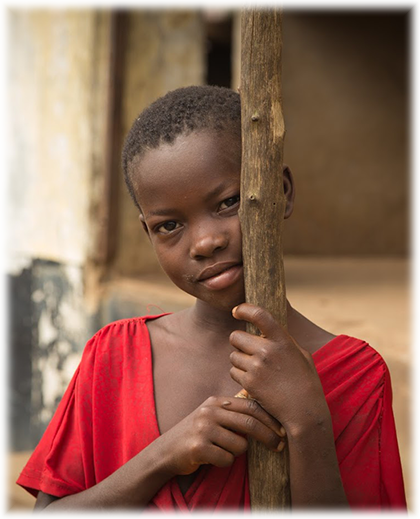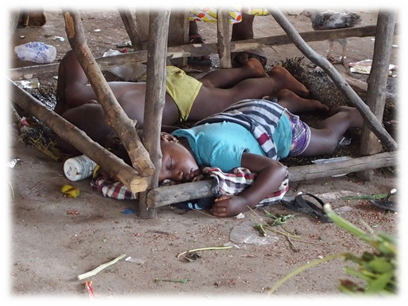
Sierra Leone ranks 184th out of 189 countries in the latest Human Development Index from the United Nations Development Programme. An 11 year civil war (1991-2002) — fought not over religious or political conflicts but primarily over control of diamond mines — devastated economic conditions to such an extent that health statistics are significantly worse than any other country, including all of Africa and Haiti, according to the Ministry of Health in Sierra Leone. Infrastructure was destroyed over a decade of armed conflict, and environmental conditions like deforestation, poor sanitation, unsustainable mining practices, and pollution of rivers declined further. The 60 mile distance from the country’s capital of Freetown to the village of Rotifunk in the Moyamba District is an arduous, four-hour long trip only possible in an all-terrain vehicle and a ferry to cross a river.
Conditions in Sierra Leone according to World Health Organization (WHO) 2015 data:
*Health and poverty statistics are from sources believed to be reliable at the time of publication, but no warranty, expressed or implied, is made regarding accuracy.
At the end of the civil war in 2002, Sierra Leone adopted a democratic constitution and has conducted successful general elections. Significant progress has been made since 2002, but there’s so much more help needed to raise this country’s dire health and economic standards of living. Make our mission your mission. Please consider a 100% tax deductible donation or click here to see how you can help.

